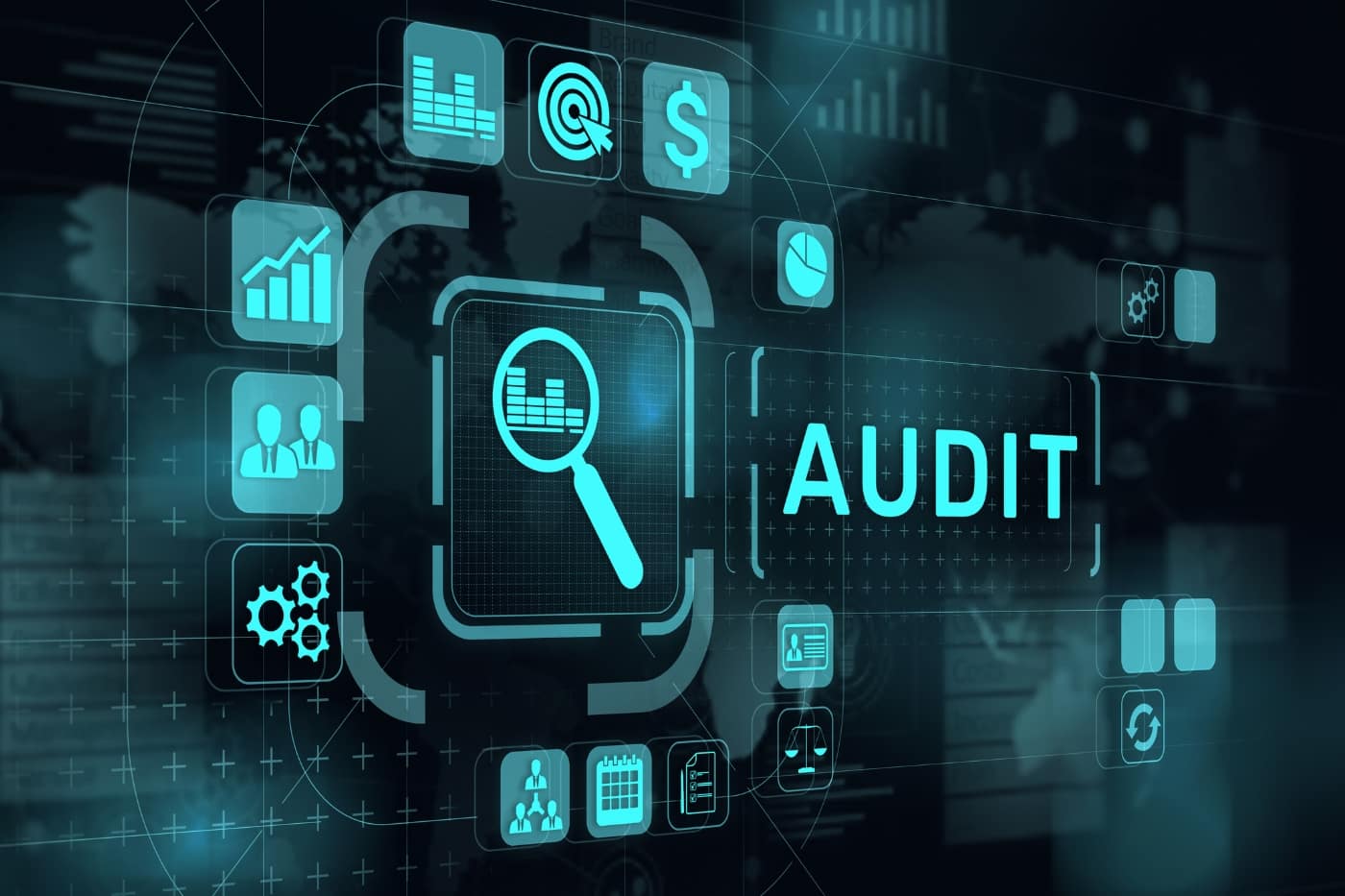The landscape of financial audits is undergoing a seismic shift, thanks to the advent of automation technologies. This evolution is not just about enhancing efficiency; it’s about redefining the very nature of auditing itself. While the narrative around audit automation often centers on speed and cost savings, there’s a deeper story to be told. This blog post explores the transformative impact of automation on financial audits, shedding light on aspects that go beyond the conventional discourse.
Redefining accuracy and consistency
Automation brings unparalleled levels of accuracy and consistency to the audit process. Traditional manual audits, while thorough, are susceptible to human error and inconsistencies due to varying auditor judgment. In contrast, automation leverages algorithms and software that apply the same standards across all data, reducing the risk of error. A study by deloitte highlighted that automation could reduce the error rate in financial statement audits by up to 50%, showcasing the significant potential for improving audit quality.
Expanding the scope of audits
One of the less-discussed benefits of automation is its ability to expand the scope of audits without a corresponding increase in time or cost. Automated tools can analyze vast datasets comprehensively, allowing auditors to scrutinize every transaction rather than relying on sampling methods. This comprehensive approach not only enhances the thoroughness of audits but also increases the likelihood of detecting fraud, errors, and anomalies.
Enhancing risk assessment with predictive analytics
Automation integrates seamlessly with predictive analytics, offering auditors sophisticated tools for risk assessment. By analyzing patterns and trends in the data, auditors can identify areas of higher risk and allocate their resources more effectively. This capability enables a more proactive audit approach, focusing on prevention rather than merely identification of issues.
Real-time auditing: a new frontier
The concept of real-time auditing, once deemed impractical, is now within reach thanks to automation. This approach allows for continuous monitoring and analysis of financial data, offering the potential to identify and address issues as they arise, rather than months down the line. Real-time auditing represents a significant shift from the traditional periodic audit model, promising greater transparency and timely assurance.
The impact on auditor roles and skills
As automation takes over routine tasks, the role of auditors is evolving. Auditors are now required to possess a blend of accounting expertise, analytical skills, and technological proficiency. This shift is not about replacing auditors but rather enhancing their capabilities, enabling them to focus on more strategic aspects of the audit process, such as interpreting data insights and advising clients.
Future challenges and considerations
Despite its benefits, the move towards automated audits presents challenges. These include the need for significant investment in technology and training, ensuring data privacy and security, and adapting regulatory frameworks to accommodate new audit methodologies. Moreover, there’s a growing need to establish standards and best practices for automated audits, ensuring consistency and reliability across the industry.
Conclusion
The future of financial audits is being reshaped by automation, bringing about a paradigm shift in how audits are conducted, the scope they cover, and the insights they provide. This transformation extends beyond mere efficiency gains, offering deeper, more accurate insights, expanding the scope of audits, and enhancing risk assessment. As the industry navigates the challenges and opportunities presented by automation, the role of the auditor will continue to evolve, marking a new era in financial auditing that is more accurate, comprehensive, and insightful than ever before.
